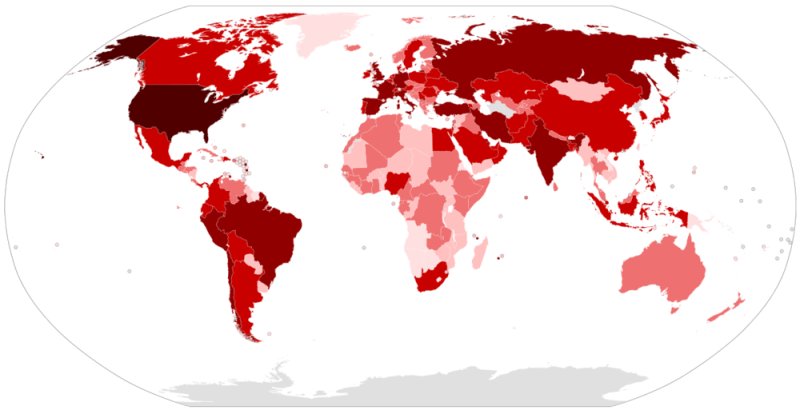Charlotte Summers, an intensive-care physician at the University of Cambridge, UK, says that data collected by the country’s National Health Service (NHS) show a decline in death rates. Critical-care physician Derek Angus at the University of Pittsburgh in Pennsylvania says that his hospital’s statistics team also saw reductions over time. “Without question, we’ve noticed a drop in mortality,” says Angus. “All things being equal, patients have a better chance of getting out alive.”
The reasons are not entirely obvious. There have been no miracle drugs, no new technologies and no great advances in treatment strategies for the disease that has infected more than 50 million and killed more than 1.2 million around the world. Shifts in the demographics of those being treated might have contributed to perceived boosts in survival. And at many hospitals, it seems clear that physicians are getting incrementally better at treating COVID-19 — particularly as health-care systems become less overwhelmed. Still, those gains could be erased by increasing case loads around the world.































